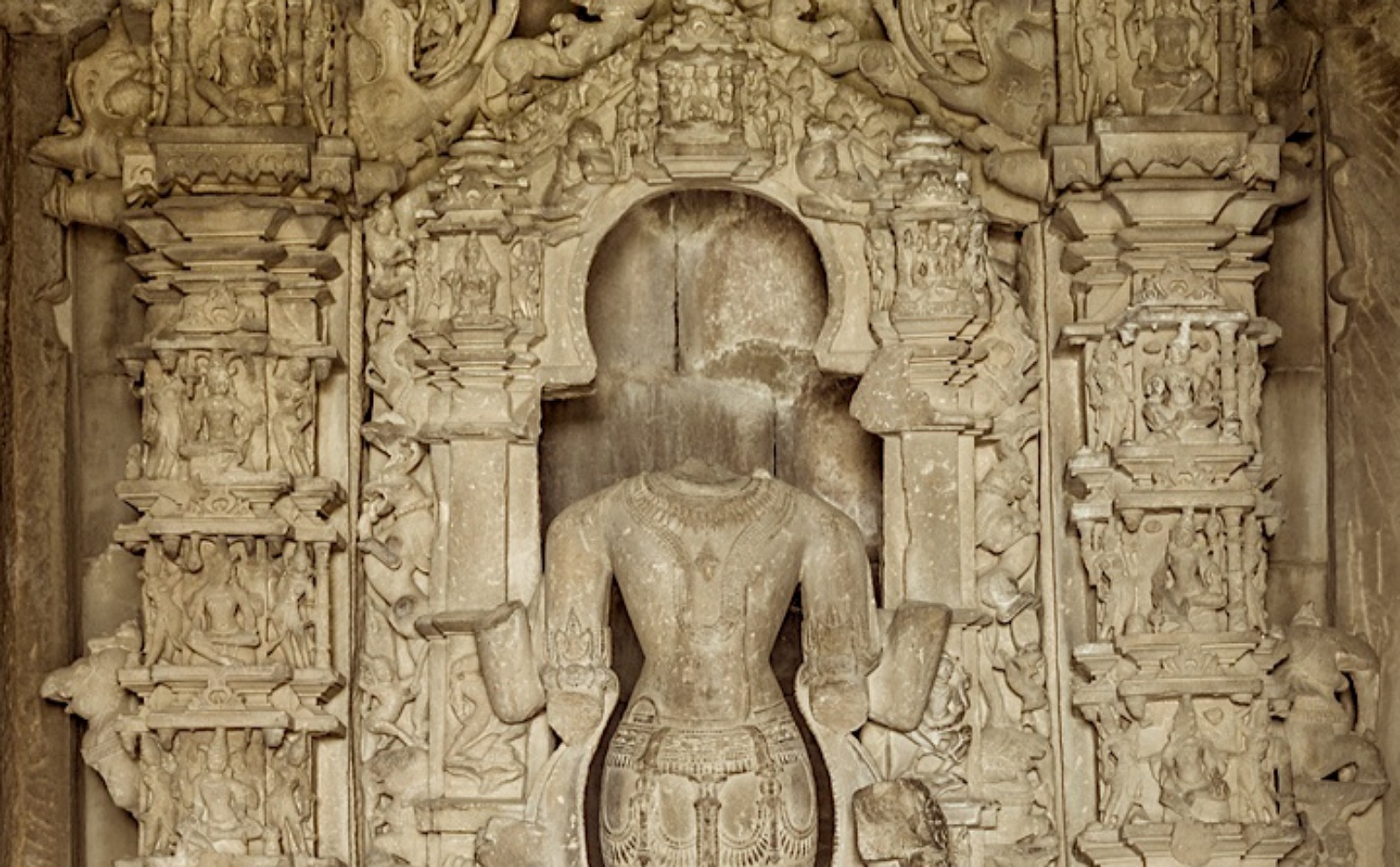
What Happened
A petitioner named Rakesh Dalal filed a public interest litigation in the Supreme Court seeking directions to reconstruct / replace / re-consecrate a 7-foot tall Vishnu idol (Lord Vishnu) at the Javari Temple in the Khajuraho Temple series, Madhya Pradesh. The idol is currently beheaded / damaged (head missing / dilapidated).
The petitioners had made representations to relevant authorities: the Union Home Ministry, and the Archaeological Survey of India (ASI). They claim ASI’s response was that the conservation of Khajuraho temples is ASI’s responsibility, but replacing the idol (especially reconstruction) would violate conservation rules.
What the Supreme Court Decided & What Was Said:
A bench comprising Chief Justice of India B. R. Gavai and Justice K. Vinod Chandran heard the case.
The Court dismissed the petition. It held that the matter is under the jurisdiction of the Archaeological Survey of India.
The Court described the petition as “purely publicity interest litigation.”
Chief Justice Gavai reportedly remarked (among other things):
“Go and ask the deity himself to do something. If you are saying that you are a strong devotee of Lord Vishnu, then you pray and do some meditation.”
He also observed that since Khajuraho is an archaeological site, conservation rules apply, and ASI has to consider whether reconstruction is permissible under those rules.
The bench further said that in the meantime, if the petitioner is not averse to Shaivism, there is a large Shiva Linga in Khajuraho which devotees could worship.
Legal / Technical Issues
Jurisdiction & Conservation Law: The ASI governs protected monuments and archaeological sites. Restoration or replacement of artifacts in such sites has to conform to conservation protocols.
PIL Standards: The Court appears to have accepted the view that this petition qualifies (in the Court’s view) as publicity interest rather than a PIL with substantial legal merit.
Right to Worship vs Heritage Conservation: There is tension between devotees’ religious sentiments / right to worship in full form (through intact idols) and the legal/institutional constraints of conserving ancient structures/artifacts.
Reactions & Criticism
Many news outlets and opinion pieces describe the Court’s remark “go ask the deity” as insensitive, mocking religious faith, and possibly disrespectful toward the petitioner’s religious sentiments.
Some critics argue this sets a worrying precedent: that religious grievances might be dismissed with sarcasm rather than engaged with seriously.
Others highlight that while heritage protection is important, there should be more sensitivity when it concerns living faiths and religious practice.
Implications
For Devotees: Many Hindus may feel this denies their right to full worship.
For Heritage Policy: The decision underscores how heritage conservation rules can limit restoration of damaged idols/items, even when damage is centuries old.
For Judicial Tone & Respect: The “ask the deity” remark may be seen as lowering the dignity of proceedings in sensitive religious cases.
The Supreme Court’s dismissal of the plea to restore the Vishnu idol at Khajuraho — and its choice of words — has sparked widespread debate. While the Court emphasized heritage laws and ASI jurisdiction, critics see the remarks as dismissive of Hindu devotees’ faith. The controversy highlights the delicate balance between heritage conservation and religious rights in India’s living traditions.